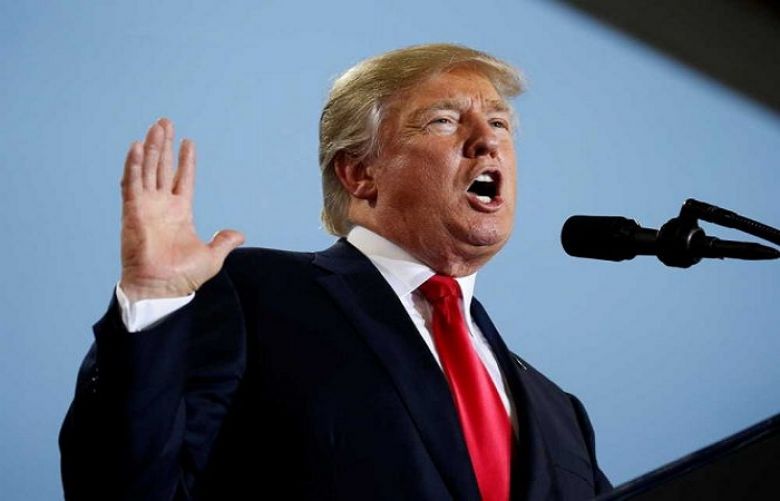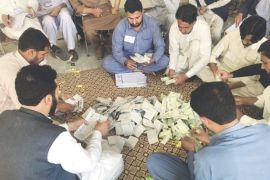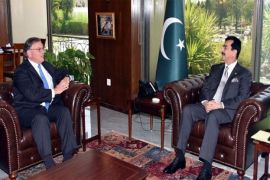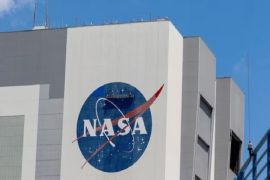The United States Congress on Thursday approved a $716.3-billion defence authorisation bill, wherein it made a significant cut to the security-oriented financial aid to Pakistan.
The National Defense Authorization Act (NDAA) for 2019 ramped up the military spending and avoided policy changes that would have antagonised US President Donald Trump.
In the latest NDAA, the security aid to Islamabad — that had once started from almost $750 million per year to $1 billion — was marked down to a mere $150 million. However, it also relaxed certain conditions that were attached with the financial assistance, including action against the Haqqani Network and the Lashkar-e-Taiba (LeT).
This crucial reduction translates into the fact that the Pentagon might not have any tools to pressurise Pakistan into taking action against the banned militant outfits. The US had earlier used these funds to ask Islamabad to do more with regard to the counterterrorism operations, especially against the Haqqani Network.
Lately, the Trump administration, which has become quite active in trying to make the Afghan peace talks work, has been pushing Pakistan to help bring the Taliban to the negotiating table in order to reach a deal with Kabul's government.
The NDAA 2019, which was earlier given the green signal by the US House of Representatives, was passed 87 to 10 in the Senate. The Bill has now been sent to the White House for Trump to sign.
The bill provides $69 billion in war funding known as overseas contingency operations, authorises a 2.6-percent pay raise for members of the armed forces, and invests tens of billions in modernising the Pentagon's air and sea fleets and missile defences.
'LeT alias' MML designated terrorist organisation
On April 2, 2018, the US had added the Milli Muslim League (MML) and Tehreek-e-Azadi-e-Kashmir (TAJK) to its list of Foreign Terrorist Organisations (FTO), labelling them as Specially Designated Global Terrorist (SDGT) and reasoning that both were fronts for the banned LeT.
In a statement, Ambassador Nathan Sales, the coordinator for counterterrorism at the department, had explained that the revisions “show that the US government is not fooled by LeT’s efforts to circumvent sanctions and deceive the public about its true character".
“Make no mistake: whatever LeT chooses to call itself, it remains a violent terrorist group.
Pakistan's Western ally, with which relations have recently become quite bumpy, noted that American citizens were prohibited from engaging in any type of deal with either of these groups.
"US persons are generally prohibited from engaging in any transactions with the group," the statement on the website mentioned.
The "designations seek to deny LeT the resources it needs to plan and carry out further terrorist attacks", it said, adding: "Among other consequences of the designations, LeT’s property and interests in property subject to US jurisdiction are blocked," it said.
At the same time, however, the US Department of the Treasury’s Office of Foreign Assets Control (OFAC) announced its decision to include seven members of the MML’s top brass to the SDGT list.
The statement specified that the members who were designated as SDGTs include "Saifullah Khalid, Muzammil Iqbal Hashimi, Muhammad Harris Dar, Tabish Qayyuum, Fayyaz Ahmad, Faisal Nadeem, and Muhammad Ehsan".
Prior designations by the US
Early February, the US had named three Pakistanis as key "terrorist facilitators", saying they worked closely with a well-known backer of Al-Qaeda, LeT, and the Taliban leader known as Shaykh Aminullah.
The Treasury Department had placed Rahman Zeb Faqir Muhammad, Hizb Ullah Astam Khan, and Dilawar Khan Nadir Khan on its SDGT blacklist "in an effort to disrupt the group's ability to obtain and distribute financing".
All three were tied to Shaykh Aminullah, who has been on international terror blacklists since 2009, as per US officials, who allege that Aminullah turned the Ganj seminary — a boys school in Peshawar — into a training and recruiting base by the Taliban, LeT, and Al-Qaeda.
The three men were involved in providing financial and logistical support, explosives, and technological aid to the three Pakistan- and Afghanistan-based extremist groups, it said.
Sanctions, other portions of NDAA
The NDAA notably prohibits the delivery of F-35 Joint Strike Fighter aircraft to Turkey, a NATO ally with increasingly fraught relations with Washington, until Ankara can confirm it will not buy Russia's S-400 anti-aircraft missile system, and classified China and Russia as "strategic competitors" to the US.
The capitulation smoothed things over with the White House, but it angered Republican Senator Marco Rubio, who voted against the bill.
"It's time we opened our eyes," Rubio told colleagues.
"We are engaged in a geopolitical competition, not with some poor agrarian country trying to catch up, but with a global superpower who is quickly nipping at our heels and doing so unfairly, with the intent of replacing us in the world as the most powerful country militarily, economically, geopolitically, and technologically."
The NDAA also includes a provision allowing the administration to waive some Russia-related sanctions that would have barred Washington from selling defence-related equipment to countries using Russian technology.
The bill including provisions which allow for better assessment of risks to US national security from transactions involving foreign firms aiming to gain access to sensitive American technology.
It also extends a restriction on US-Russian military cooperation, and authorises $65 million to revamp the US nuclear arsenal by developing new "low-yield" nuclear weapons.







